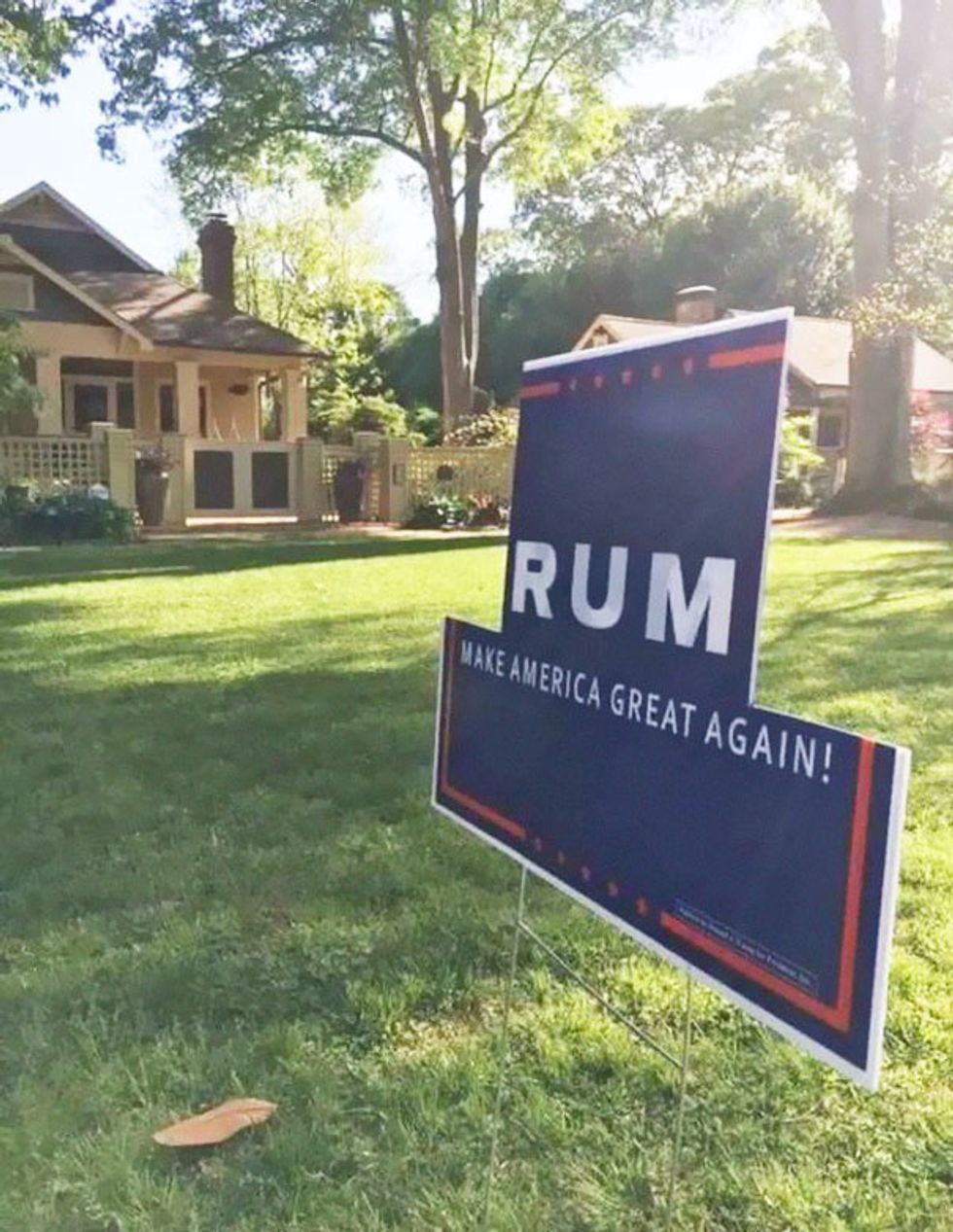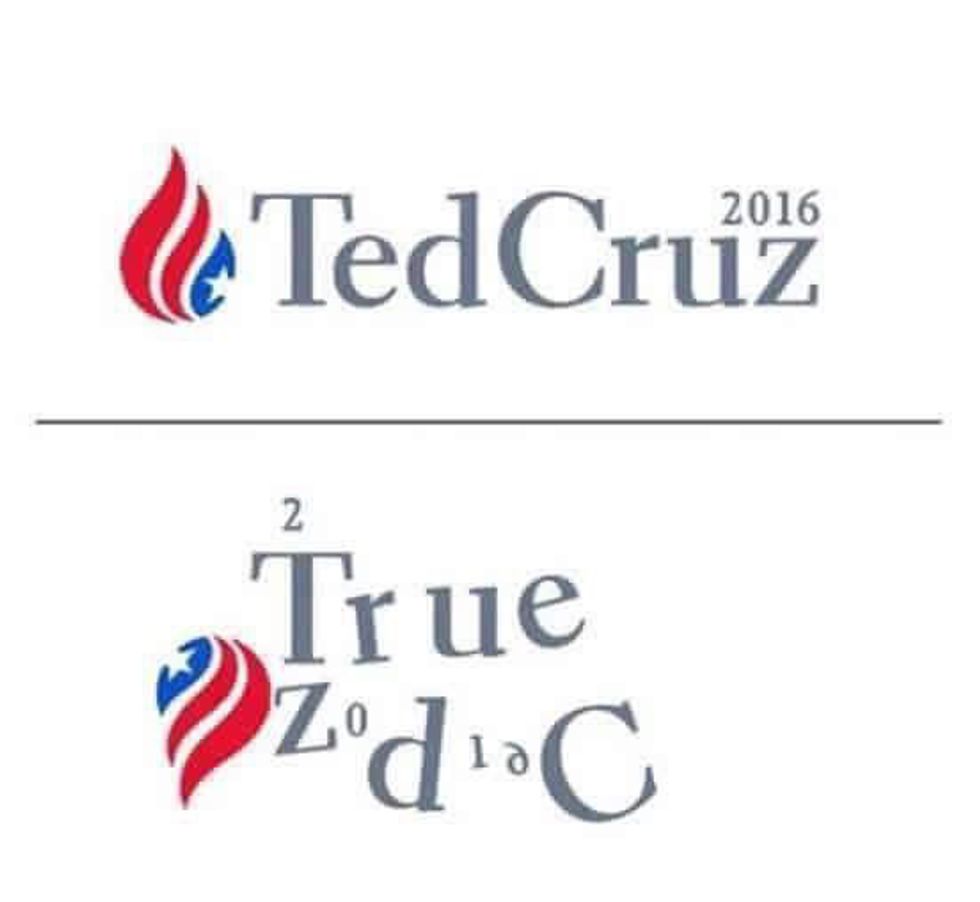After reading Perlita Anzures-Flores' article, "Why The Bernie Vs. Hillary Memes Will Affect The Outcome Of The Democratic Nomination," it made me think about how much has changed regarding presidential candidate nominations from February to now. What started as a joke was soon being taken seriously, and the political opinions of the youth were molded by fallacies such as confirmation bias and false attribution. This happened in both the Democratic and Republican camps: those Republicans were sure that Donald Trump would be out of the running because his views didn't match what they believed the rest of the U.S. believed; likewise, many were convinced that Bernie Sanders was the only likely option for the Democratic nomination because of how vilified Hillary Clinton was on their Facebook timelines.
Unfortunately, opinions that are held by Facebook users don't necessarily match what the polls and state primary results say. Were your opinions validated by others on social media, but then contradicted by what your state primary's numbers revealed? Was your perception of candidates possibly warped by made-up data; political content only meant as satire or for entertainment?
You, then, may have been the victim of a meme. With many containing unreliable or falsified information, plenty still become viral and spread political ignorance. They are often no more than short-lived inside jokes within groups, that rarely become something tangible outside of their Internet format. A simple share, retweet or reblog does not constitute taking political action; in fact, it's more a form of "slacktivism," which Dictionary.com defines as "actionstakentobringaboutpoliticalorsocialchangebutrequiring onlyminimalcommitment,effort,orrisk".
Though it's fun for the moment, the joke often gets old really quickly and mutates into something else, no longer used for the purpose it was originally intended to serve. If your knowledge about your political party or another person's is shaped by a 600 x 600 JPEG picture that can easily be edited in Microsoft Paint, you might want to think about how seriously you take the future of your country.
Many could say that sharing memes is really just a form of unconventional political participation, much like protesting or petitions. This would be a solid argument, if not for the fact that memes can totally be used against themselves. Your support for a presidential candidate can literally be manipulated to make them a less serious choice. As you can see below,...
...you can even change the message in real life, but this real-world act will still only be meaningful based on many likes, shares, and retweets it gets online.The two fallacies that hurt the effectiveness of a meme are, again, false attribution effect and confirmation bias. False attribution is due to the fact that the meme creators are often hoping seriously to gain or lose support for a candidate, but are using information that's completely made up and ends up never being taken seriously. The Bernie vs. Hillary memes that Anzures-Flores mentions are probably a real attempt to demonize Clinton, but end up as a joke that gets scrolled past and forgotten two seconds later on our newsfeed.
The second fallacy is confirmation bias. Many young people believe that since they're seeing these memes are widespread, we assume that this translates to us assuming everyone around us must be thinking like us. I've heard people who were shocked that Hillary Clinton was leading in so many polls earlier this year, and many went straight to conspiracy theories about rigged elections, which then brought up some actually productive conversations about the fairness of superdelegates; however, did they ever stop to think that Clinton's target demographic and largest voter base ISN'T in the same demographic as them? Are the older feminists and middle-aged adults who are out of touch with communication and memes actually supporting Clinton because they've never seen these Facebook posts that teens share?
If the meme doesn't reach an audience other than those who already are with the content (whether it's fictitious or not), it has no effect on the real world, it only affirms the status quo. If it never has a real life outside of the Internet, the original intent of it can get lost forever. Even if it does eventually get commercialized or commodified, such as the form of a "Make America Great Again!" hat or a #NeverTrump bumper sticker, it can easily lose its credibility if it was founded on something fictional, or be easily satirized by the opposition and weakened that way. Tina Fey's SNL impersonation of Sarah Palin almost made us forget what the vice presidential candidate ever said in real life!
But hey, this is just an opinion piece and my opinion may never end up on a bumper sticker or T-shirt either. If these memes really do have an effect on the political process, then I apologize for slandering them. That would be incredible if our generation was the one who was able to dictate the outcome of a presidential election by doing nothing other than sitting in front of a computer screen. As for me and what I see as reality, if you @ me on Twitter and tag me in a terrible and overly cliché meme, I will most likely reply "LMAO IM LITERALLY DYING RIGHT NOW [sic]," but will in fact, not at all be literally dying or LMAOing - I will most likely scroll past it two seconds later.




















